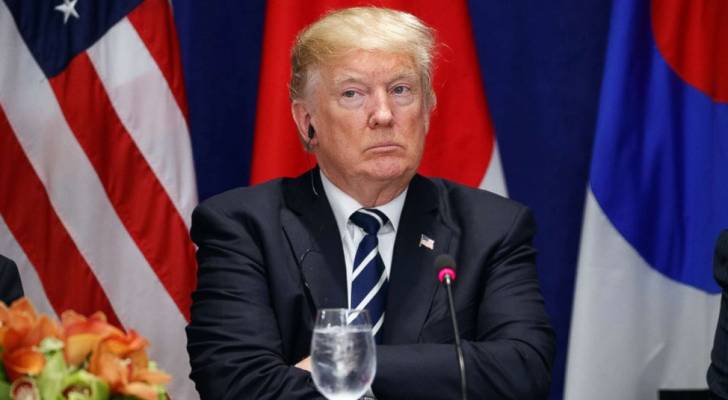US President Donald Trump
Trump signs executive order jailing flag burners despite Supreme Court precedent
- Trump signed an executive order making flag burning punishable by one year in jail.
- The move defies the 1989 Supreme Court ruling protecting flag burning under the First Amendment.
- Free speech groups and legal experts condemned the order as unconstitutional.
- Foreign nationals who burn the US flag could face visa revocation or deportation.
United States President Donald Trump has signed an executive order making flag burning punishable by one year in jail, despite a longstanding Supreme Court ruling that the act is protected under the First Amendment.
The order, signed on Monday, acknowledges the 1989 Supreme Court decision that struck down laws criminalizing flag desecration. However, it argues that flag burning is “likely to incite imminent lawless action” and should therefore be punished.
“If you burn a flag, you get one year in jail; no early exits, no nothing,” Trump said during the signing. “It goes on your record, and you will see flag burning stopping immediately.”
Free speech groups condemn move
Civil liberties organizations swiftly criticized the order, calling it an unconstitutional attack on free expression.
“President Trump may believe he has the power to revise the First Amendment with the stroke of a pen, but he doesn’t,” the free speech group FIRE said in a statement. “The government can’t prosecute protected expressive activity - even if many Americans, including the president, find it offensive and provocative.”
Legal experts also dismissed Trump’s justification. “I don’t think this is something that has been a big problem,” GS Hans, a Cornell University law professor specializing in the First Amendment, told the Associated Press. “It’s a solution in search of a problem.”
New penalties for US citizens and foreign nationals
The executive order directs Attorney General Pam Bondi to prosecute offenders “to the fullest extent possible.” It also threatens foreign nationals who burn the US flag with visa revocation, deportation, and additional penalties.
The order describes flag burning as “incitement” and “fighting words,” with Trump claiming it has sparked riots “at levels we’ve never seen before.” However, no evidence has been provided to support those claims.
Legal clash ahead
The Supreme Court’s 1989 Texas v. Johnson ruling declared flag burning a form of political expression protected by the Constitution.
Trump’s order sets up an immediate clash between executive power and judicial precedent, with free speech advocates preparing to challenge it in court.




